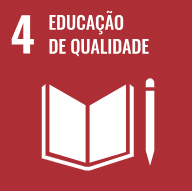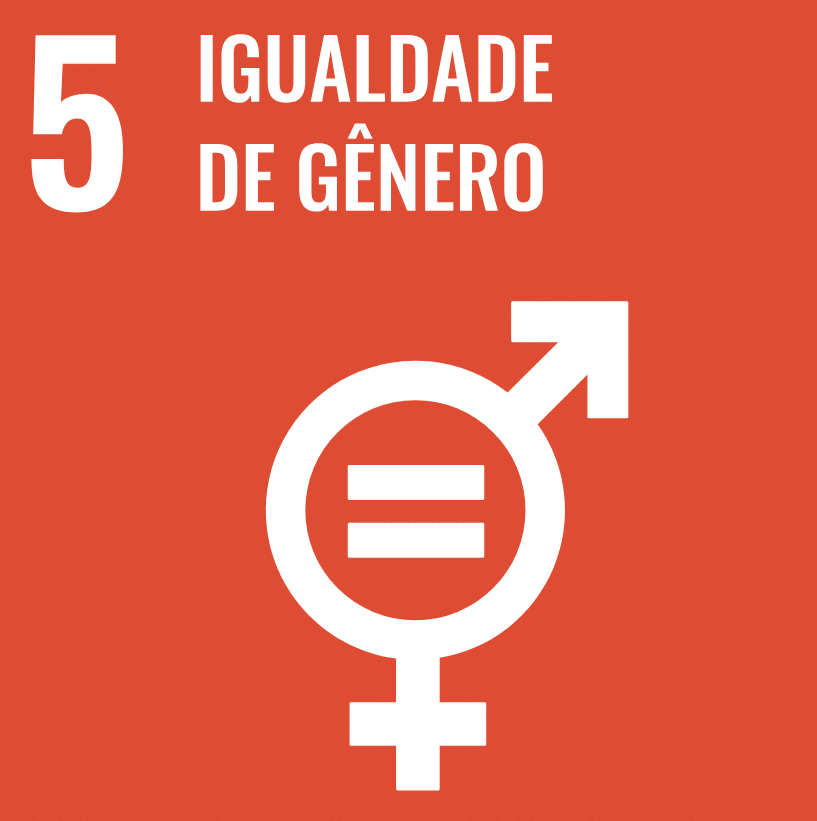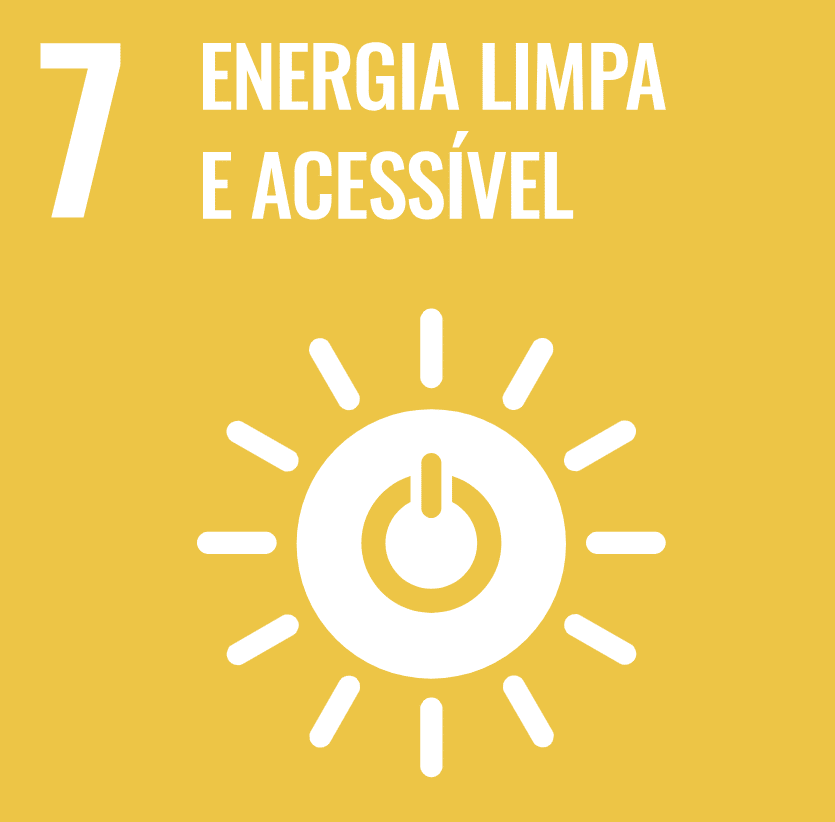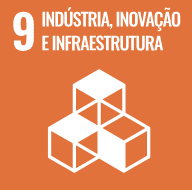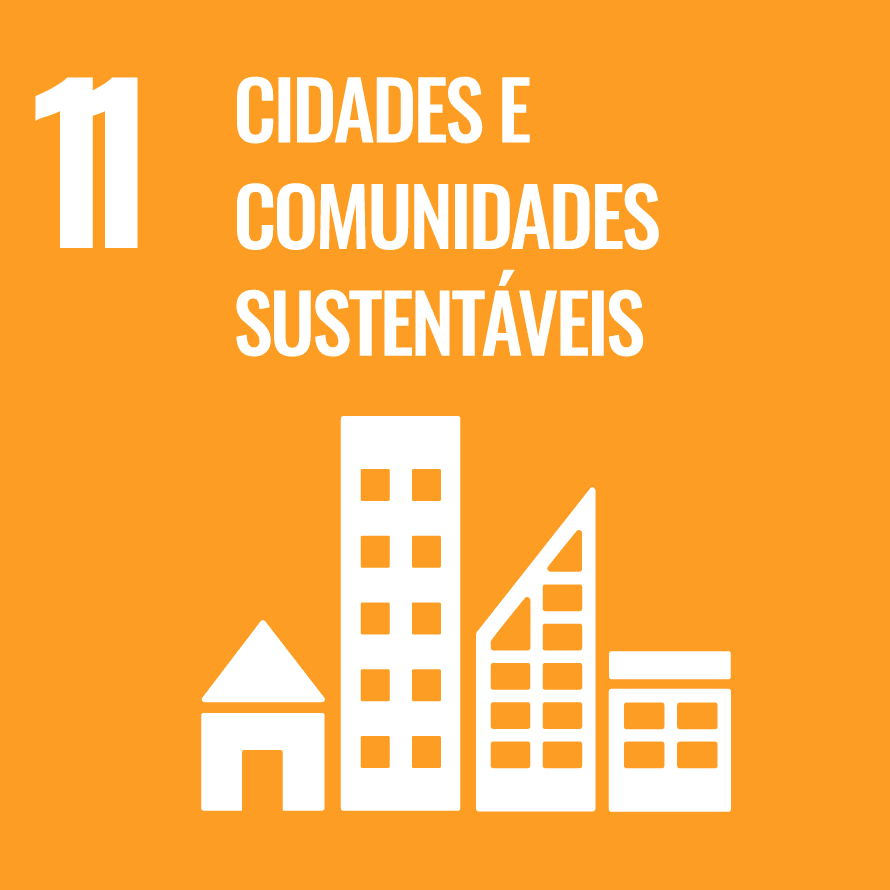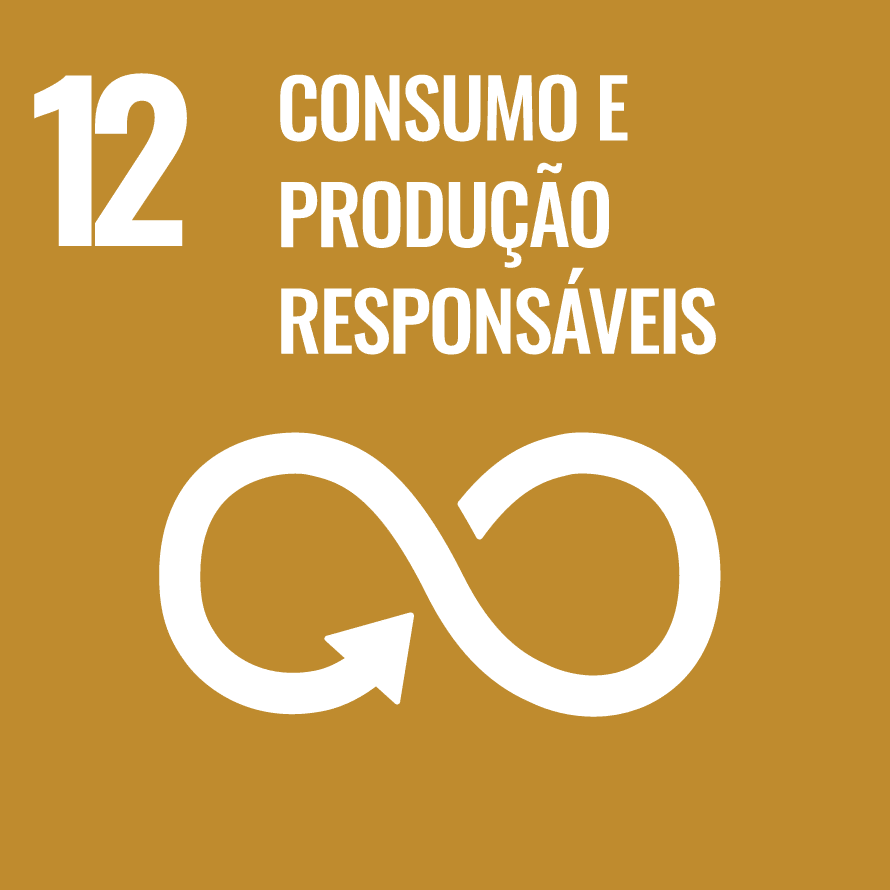About this project
The ROBOTICS IN SCHOOLS PROJECT represents an innovative and sustainable integration in the educational context. Each student receives a personalized robotics kit that enables them to create toys and utensils using recyclable materials. The project addresses crucial issues for our time, encouraging creativity, autonomy, problem-solving and the development of manual skills. Through this integrated approach, the students take part in physics and electrical classes and receive a robotics kit, being encouraged to devise creative and pragmatic solutions, understanding the importance of combining innovation with care for the environment. The purpose of the project is to stimulate students' logical thinking and collaboration in problem-solving, placing the student as the protagonist and involving the school and community in the search for innovative solutions to current social and environmental issues. Youth Empowerment: The program empowers students with technical skills, creativity and autonomy, preparing them for a more promising future. They learn to solve real problems and use technology constructively. Environmental Awareness: By focusing on creating toys and utensils from recyclable materials, the program promotes environmental awareness among young people, contributing to the formation of a generation that is more conscious and concerned about sustainability. Skills development: The program covers topics such as physics and electronics, promoting the development of practical and manual skills. This helps students acquire a solid foundation in science and technology, useful in their future careers. Innovation and Creativity: By encouraging students to think creatively and innovatively when solving problems, the program prepares them to face challenges more effectively in an ever-changing world. Educational Community: The certified teacher workshop helps empower educators, enabling them to adopt more interactive and practical approaches in the classroom, positively impacting the entire school community. Public Engagement: A robotics fair with popular jury awards and a themed theater involves the local community, highlighting the students' efforts and achievements, inspiring other young people and creating an environment that supports hands-on learning and creativity. Sustainable Future: The program is aligned with promoting a more sustainable future, teaching students to reuse materials and think about solutions that have a positive impact on the environment. In summary, the legacy of the Robotics in Schools Program is related to empowering young people, developing valuable skills, promoting sustainability and creating a more engaged and aware educational community. These effects can last both on an individual level and in society as a whole. The project took a multidisciplinary and practical approach to tackling the problem. We provided personalized robotics kits for each student, complemented by practical workshops on physics and robotics concepts. This allowed the students to apply theoretical knowledge to real-world projects. They were encouraged to create toys and utensils using recyclable materials, thus integrating sustainability into their activities. The methodology embraced the problem by providing a practical and engaging education, aligning it with current demands and environmental concerns. The materials created, such as recycled toys and utensils, served as tangible evidence of the practical application of the knowledge acquired.
